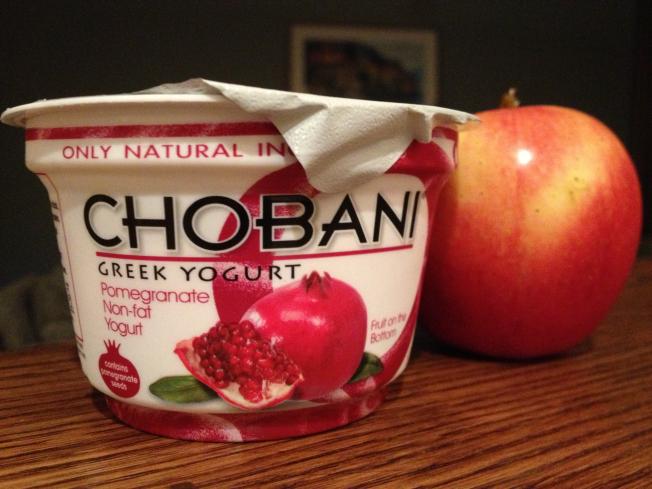Written by Danielle Scheinman, MPH, CHES
June 21, 2013

It seems we’re always being told not to eat sugar, but actually, sugar is essential for us — it is the primary fuel source for our cells. However, there is certainly a point when too much sugar can overwhelm the body. What if we could determine the perfect amount we need to help us perform optimally? Science is honing in on what an ideal intake of sugar might be and how far in advance to eat so that your blood sugar is at its peak during performance.
Because glucose, the simplest form of sugar in the body, is the only fuel source the brain can use, let’s look at how it works. A diet high in sugar allows the body to store up this substrate for future use. Stored glucose is called glycogen. At school or at the office, your brain is constantly working to make decisions and react to demands, which inevitably requires glucose. Therefore, eating breakfast each morning is essential to give you energy to start the day. Otherwise, the brain will not have the nutrition it needs to perform the tasks you present it. When blood glucose decreases, reaction time increases, more errors will be made and there will be less attention to detail.
Although this may seem intuitive, studies have shown that tasks requiring a higher level of concentration and focus will result in a greater utilization of blood glucose. So, you can see how the timing of a meal or snack can affect your performance in the workplace. You may feel as though there’s no time to stop for lunch, but the time you spend might improve the presentation you need to make later in the day.
While sugar is clearly imperative to daily living, there are certain sugars that are better than others. Sugar, a subtype of carbohydrates, can be differentiated into two categories: simple and complex. Simple carbs include items such as white bread, cookies, pasta, or chips. Complex carbs can be found in whole wheat bread or pasta and oatmeal. The difference between these two types is the way in which they react in the body. Simple carbs provide a quick burst of energy followed by a significant drop. For example, if you tend to get tired after eating a lot of pasta or a plain bagel, chances are that your body is experiencing a decrease in blood sugar. On the other hand, complex carbs increase your blood sugar gradually and are taken up by the cells at a similar slow pace. The reason for this discrepancy is that complex carbs are digested more slowly because of their more intricate molecular structure. This means that the body is only provided with a little sugar at a time and can sustain the benefits of this nutrient over an extended period of time.
Provided this information, don’t feel the need to cut out all the sweets in your diet. Everything in moderation! A little ‘pick me up’ here and there is not a problem, and may be what you need to get yourself to the gym every now and then. However, the complex carbs contain more nutritional value because they are generally accompanied by more fiber and protein, which will also delay a drop in blood sugar.
An Easy Way to Start the Day:
• Greek yogurt with almonds
• Oatmeal with almonds and blueberries
• Homemade smoothie with plain Greek yogurt and frozen fruit (and a drizzle of honey)
• A high-fiber cereal
Tags:
